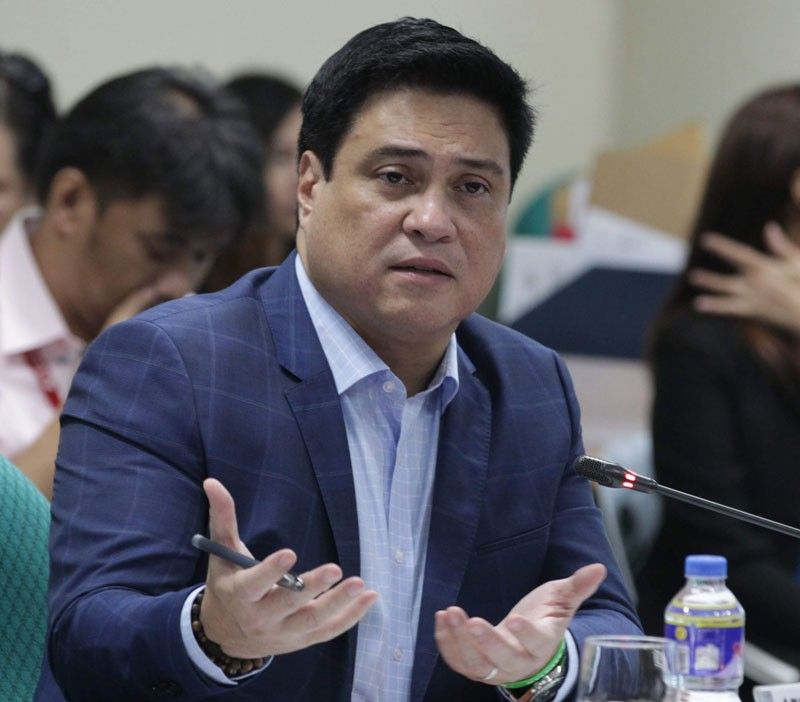Senators want to clarify meaning of ‘priority’ and ‘urgent’ bills

MANILA, Philippines — Senators are seeking clarification on the meaning of bills which Malacañang has certified as “priority and urgent” after President Duterte vetoed seven measures, including two proposals from the executive department.
Senate Majority Leader Juan Miguel Zubiri yesterday said the seven vetoed bills include the controversial security of tenure (SOT) and the coco levy fund bills. Zubiri said three of the vetoed bills were originally authored by Sen. Richard Gordon, two by Sen. Cynthia Villar and one each by Sen. Joel Villanueva and Sen. Risa Hontiveros.
During the Senate session on Monday, Drilon interpellated that the SOT bill was not the first bill certified as priority and urgent by the President but later vetoed when submitted to the Palace for signature.
Gordon, who was described by Villanueva as “Manny Pacquiao” or champion for having the most vetoed bills, also expressed disappointment over the latest veto of the President.
Gordon authored the Solicitor General (SOG) and the Regional Investment and Infrastructure Coordinating Hub (RICH) in Central Luzon bills, both of which were vetoed by Duterte.
He said the SOG bill actually emanated from the executive department and included measures culled from long deliberations and research. He said the Palace pushed for the SOG bill after they lobbied and out of courtesy, the Senate worked very hard and extended debate to make it better.
“I don’t think it’s the fault of the President. I think it’s the fault of the people around the President. I think he was being given the last touch treatment. Meaning to say, we invited all Cabinet members here and when they come, they should say we don’t want it. At least have a LEDAC (Legislative-Executive Development Advisory Council) meeting or, at the very least, they should say we want to make an adjustment on this bill instead of vetoing it,” he said.
Gordon lamented that vetoing measures passed by both houses of Congress costs a lot of taxpayers’ money and a lot of hard work.
“It is really a sad state of affairs because the Senate is a co-equal branch of the government along with the House of Representatives. But it is important that the Office of the President knows that (it) cannot treat us in this manner,” he said.
“God knows… because we are respected as another branch of the government, but really, to save time and taxpayers’ money and make sure that we are able to succeed in crafting good legislation,” he added.
The vetoing of bills, according to Gordon, “renders us inutile practically because we want to make sure that we could implement all the laws that we enacted.”
Drilon agreed with Gordon that closer coordination would have prevented that situation from happening.
“In measures that are not certified as urgent and administrative measures, I think our system of checks and balances would empower really the President to veto,” Drilon said.
The senator clarified, though, that the Senate does not question the power of the President to veto measures.
“So I think this is a failure of coordination,” he said.
- Latest
- Trending
































